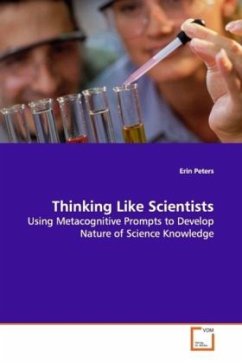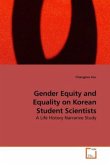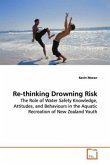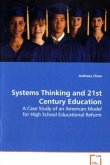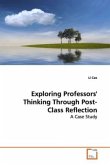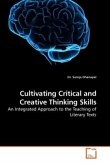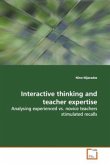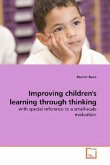How effective is a developmental intervention to
teach the nature of science using metacognitive
prompts embedded in an inquiry unit? Eighty-eight
eighth grade students from four classrooms were
randomly assigned to an experimental and a control
group to explore this problem. All participants were
asked to respond to a number of pre- and post-tests
and were interviewed to explore problem solving
techniques and shared experiences between the
groups. Results showed significant gains in content
knowledge and nature of science knowledge of the
experimental group over the control group.
Qualitative findings revealed that students in the
control group reported valuing authority over
evidence, while the experimental group reported that
they depended on consensus of their group on the
interpretation of the evidence rather than
authority, which is more closely aligned to the
aspects of the nature of science. Metacognitive
prompts may have implications as a useful classroom
tool in guiding students to check their thinking for
alignment to scientific thinking.
teach the nature of science using metacognitive
prompts embedded in an inquiry unit? Eighty-eight
eighth grade students from four classrooms were
randomly assigned to an experimental and a control
group to explore this problem. All participants were
asked to respond to a number of pre- and post-tests
and were interviewed to explore problem solving
techniques and shared experiences between the
groups. Results showed significant gains in content
knowledge and nature of science knowledge of the
experimental group over the control group.
Qualitative findings revealed that students in the
control group reported valuing authority over
evidence, while the experimental group reported that
they depended on consensus of their group on the
interpretation of the evidence rather than
authority, which is more closely aligned to the
aspects of the nature of science. Metacognitive
prompts may have implications as a useful classroom
tool in guiding students to check their thinking for
alignment to scientific thinking.

